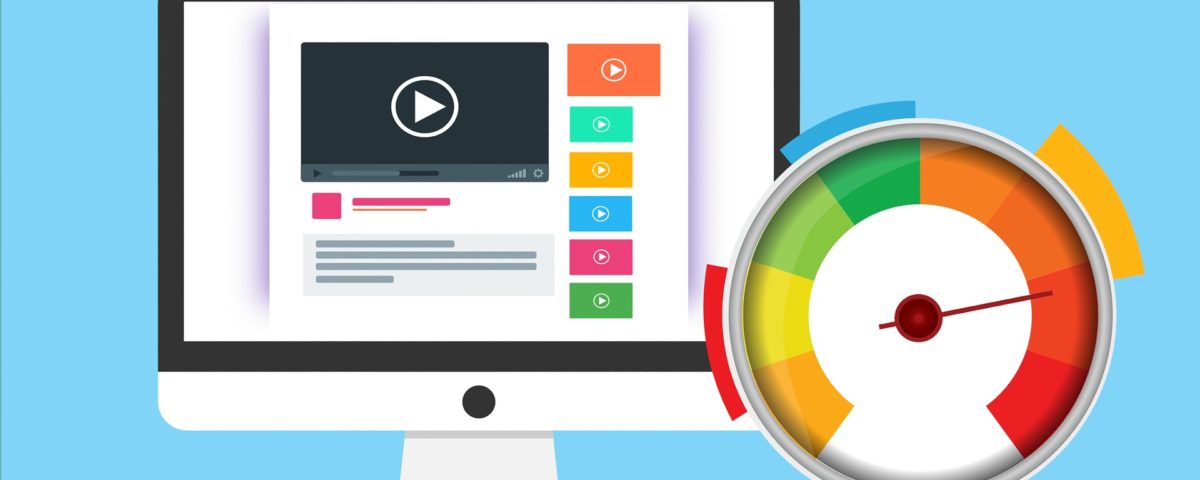
SEO Maintenance Guide for Small Businesses Part 1
April 15, 2019
Viewing SEO as a Search Journey on Google
May 15, 2019Having a slow website can seriously hurt your business. In 2018, Google published a report showing that over 53% of mobile users abandon a site if its page load time is more than three seconds. This can significantly affect your conversion rates. Even your SEO efforts can be drastically affected since Google has made page speed a ranking factor for mobile searches. With a poor ranking, widening your reach and gaining new clients can be difficult since searchers won’t find your website or business.
A slow page speed can bring in a host of problems – bad user experience, low ranking on search engine results pages (SERP), decline in traffic, poor conversion rates, tarnished brand reputation and most importantly, lost revenues. Reports show that even just a second of delay can lead to profit losses of close to two million euros for an e-commerce business that’s earning a hundred thousand a day.
Clearly, your company won’t grow and reap the benefits of having a website if you do not improve your site’s performance. Worse, it may even cease to become profitable if you do not take action immediately. Fortunately, this problem is not impossible to solve. In fact, there are site speed tools available like Google Lighthouse which can help you audit your website performance.
What Is Google Lighthouse?
Launched in 2016, Google Lighthouse is a tool designed to assess the quality of a site or page, specifically its performance. It was initially created to audit Progressive Web Apps (PWAs) which are web applications that behave or work like native apps.
What sets Lighthouse apart from other speed tools? For one, it is very accessible and you can run it from the Chrome DevTools’ Audit tabs or a node module. It also has an easy-to-use UI, making it ideal for those without any coding knowledge. The most noteworthy thing about Google Lighthouse though is that the test it does is comprehensive. More importantly, it uses metrics that focus on user experience.
Often, when talking about website speed, most people, including business owners, solely focus on the numbers generated by a page speed tool. The thing is that these scores do not paint an accurate picture of the site’s speed for users. This is mainly because the program does not take into consideration the prevailing conditions when users access a certain site. Keep in mind, numbers mean nothing when visitors to your site still find it slow.
Lighthouse is different in that it is user-centric. It provides information about the site’s performance for actual users. This is important because not all use an iPhone to browse. Moreover, not all users have a 50 Mbps LTE connection. In fact, average users rely on a 3G connection, and this is what happens when you use Lighthouse. When it visits your site, it does so based on the conditions real users deal with – under a 3G connection and on an underpowered device.
What information can you get using Lighthouse? The test provides data on how quickly a visual change happens on the page. It also lets you know the speed at which the first meaningful content (the content the visitor was looking for) shows up on the screen. In addition, it shows information about when the page became minimally and fully interactive as well as how long it took the page to respond to visitor input.
How Can Google Lighthouse Help with SEO?
As mentioned earlier, page speed can affect a site’s ranking on SERPs. Using the data from Lighthouse, you can make changes to achieve a better page load speed, improve user experience and tweak current SEO strategies. For one, you can optimise your website’s speed for the average or real-world users. Keep in mind, aside from page speed being a ranking factor, bounce rate and site traffic also affect optimisation efforts. Better website speed means lower bounce rates and higher traffic – all these can boost your ranking on SERPs.
In addition, Google Lighthouse is also designed to perform SEO audit. You can use this tool to run a basic SEO check on your page or site. Much like the speed tool, the SEO audit function provides information about your site’s SEO health, particularly what aspects you can improve on. Truth be told though, this audit tool doesn’t provide extensive information since it only does basic checks. Hence, it’s best not to solely rely on it if you want a comprehensive SEO audit.
Without a doubt, Google Lighthouse is a tool which provides very useful information which you can use to give your website a competitive advantage. Please note, however, that improving a website’s performance is a task reserved for experts. Don’t attempt to make the changes on your own unless you’re an expert in web development and SEO.
Want to learn more how to improve page speed and SEO using Google Lighthouse, call us today at 019609023!
—
Image by mohamed Hassan from Pixabay




